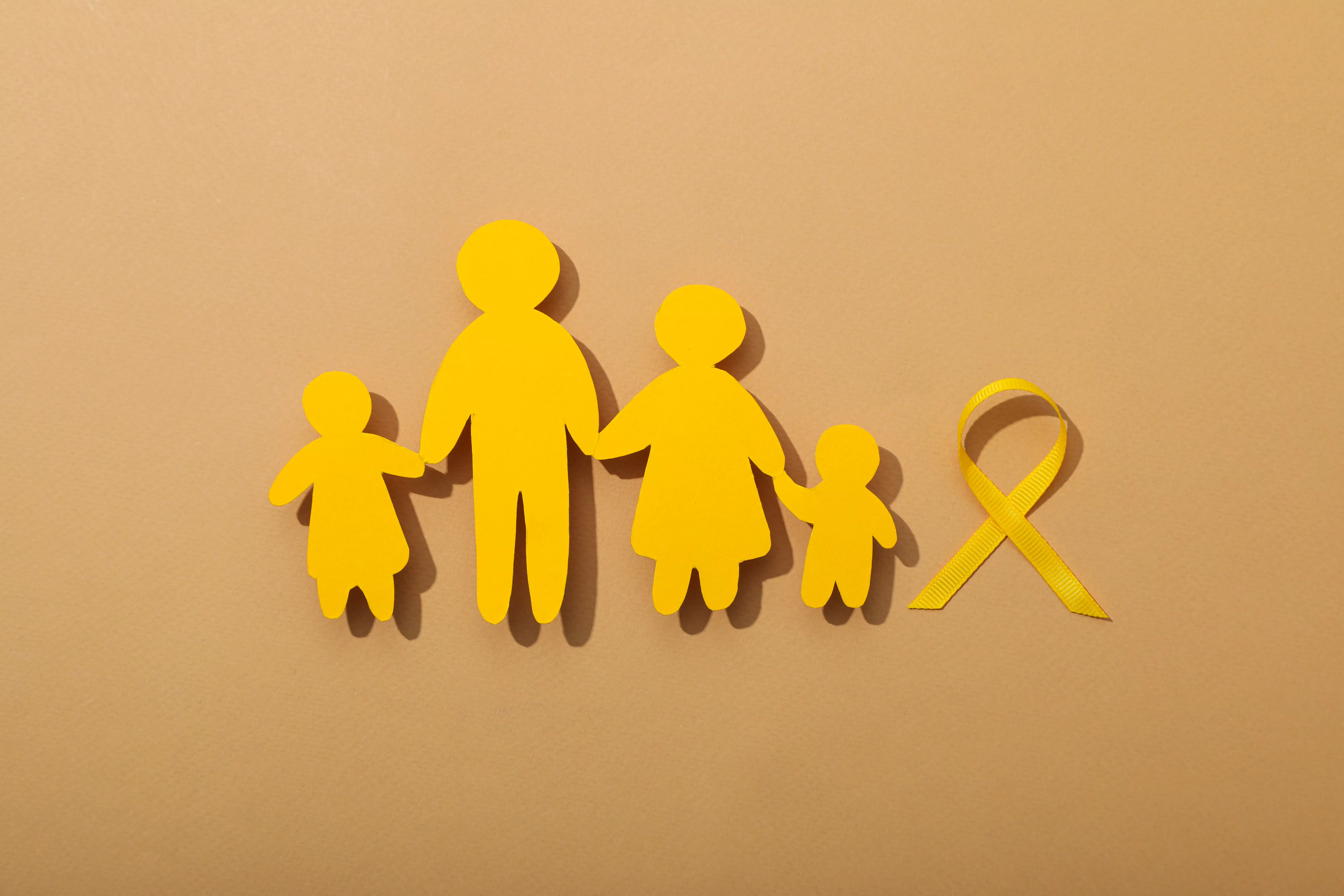The role of families in caring for colorectal cancer patients
Introduction to the topic of colorectal cancer care
Colorectalcancer is one of the most common malignancies in the world. People with this diagnosis experience not only the challenges of treatment, but also emotional and psychological difficulties that affect their entire families. Caring for a patient is a process that requires understanding, empathy and support on many levels. The roles that families play cannot be overstated, and their involvement is crucial to patients' quality of life.
Emotional support as a key component of care
Emotional support from family is essential for colorectal cancer patients. A cancer diagnosis is associated with many stressful emotions, such as fear, uncertainty and sadness. Relatives, offering their support, can significantly affect the patient's mental well-being. Communication plays a key role here - open conversations about feelings and concerns can help cope with an extremely difficult situation.
The family can also act as a support team, organizing help with daily chores. Activities such as shopping, cooking or accompanying to medical appointments can make life much easier for the patient during difficult times. This makes the sick person feel a greater sense of security and support.
The role of education in colorectal cancer care
Knowledge about the disease is a key part of caring for a person with the disease. Families should be well informed about the specifics of colorectal cancer, available treatments and possible side effects of therapy. Such knowledge can be gained through medical literature, meetings with doctors or participation in support groups.
Education allows families to better understand what the patient is facing and how they can help. Knowing what symptoms are typical of their loved one, they can react more quickly to possible complications and consult a doctor.

Preparing for changes in daily life
Caring for a person with colorectal cancer involves many changes in the family's daily life. These often require adjusting work schedules, engaging in household chores, and making time to care for the patient. Therefore, it is important that all family members are aware of the changes taking place and work together.
Families should also ensure a balanced lifestyle so that they can cope with the stress of caregiving on an ongoing basis. Finding time to relax, as well as using psychologists or support groups, can be key to minimizing the emotional impact of caregiving.
Shared decision-making in the treatment process
Treatment decisions are often difficult choices facing patients and their families. The process requires cooperation and understanding, as well as consideration of the feelings and needs of both the patient and their loved ones. The family should be involved in decisions about therapeutic methods, treatment plans and choice of specialists.
It is crucial that all family members feel involved in the process. Through open discussions, fears and doubts can be dealt with, which can lead to greater acceptance of the decisions made by the patient. Collaboration between the patient, his or her loved ones and physicians is crucial for the best therapeutic outcome.
The importance of caregivers' mental health
Caring for a person with colorectal cancer can not only affect the health of the patient, but also the mental health of caregivers. High stress levels, fatigue and feelings of helplessness are just some of the difficulties that patients' loved ones must face. That's why it's so important for caregivers to also take care of their own mental health and seek support.
It is a good idea to look for places where they can get help, such as support groups or therapeutic consultations. This will help caregivers better understand and manage their emotions, which will affect the quality of care they offer their loved ones.
Summary
Families play a key role in caring for people with colorectal cancer. Their emotional support, education, involvement in daily life and cooperation in medical decision-making can significantly improve patients' quality of life. At the same time, the mental health of caregivers, who also need support and understanding, should not be overlooked. A proud and strong family, able to work together, is the greatest treasure for a person with colorectal cancer, which can make difficulties easier to overcome.
